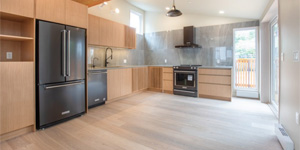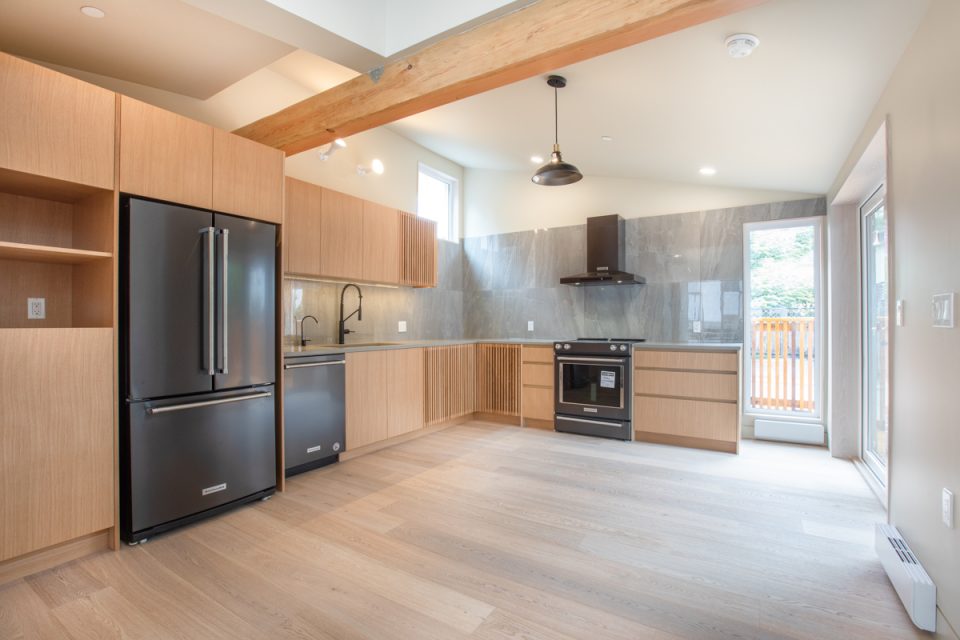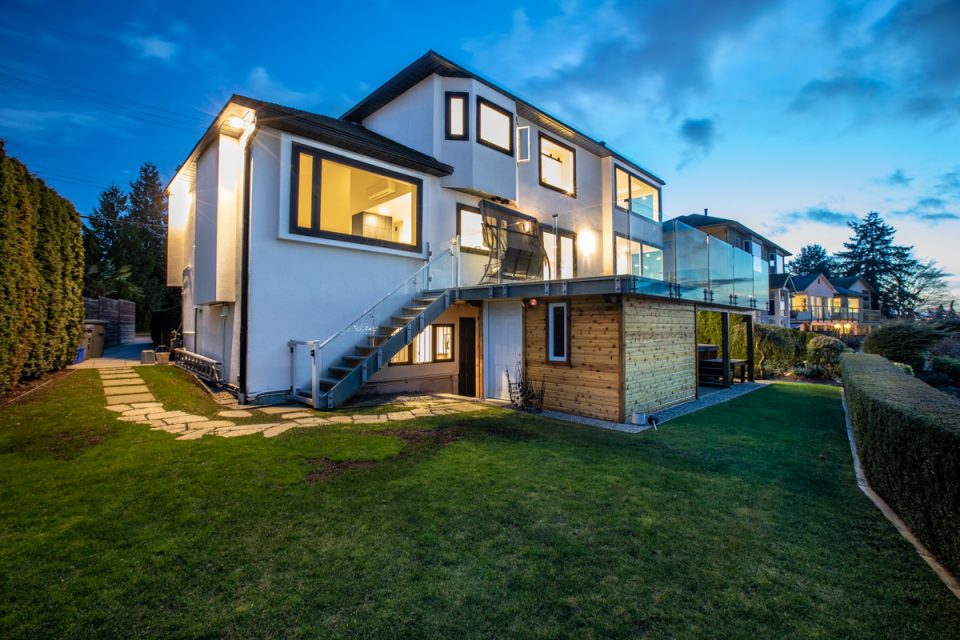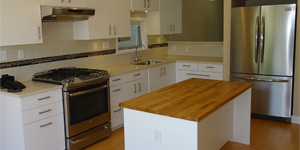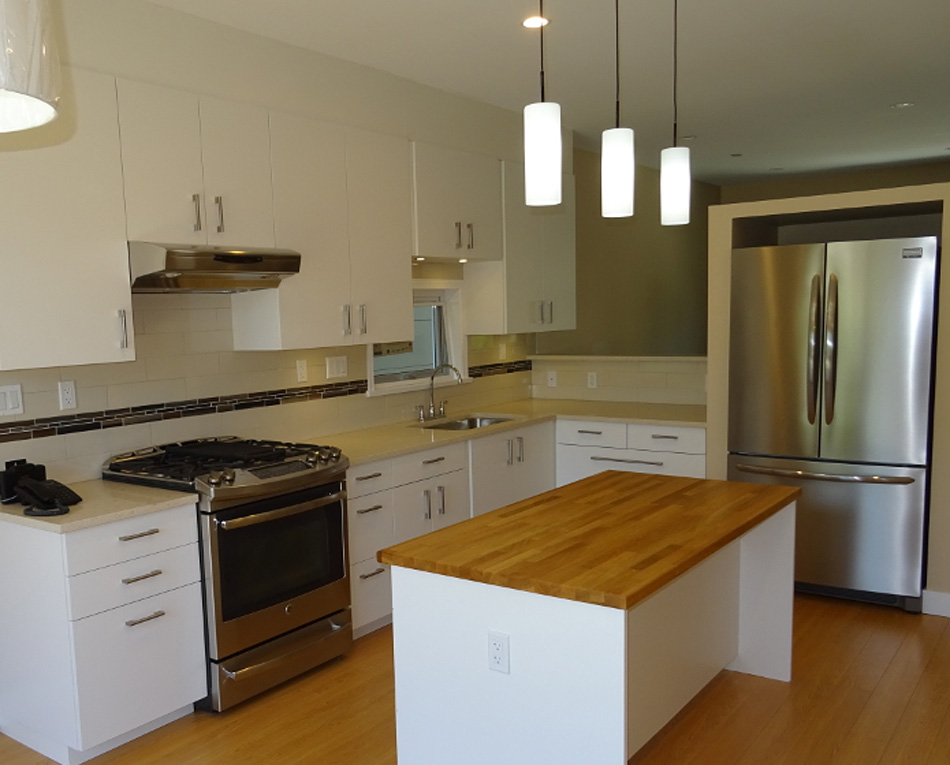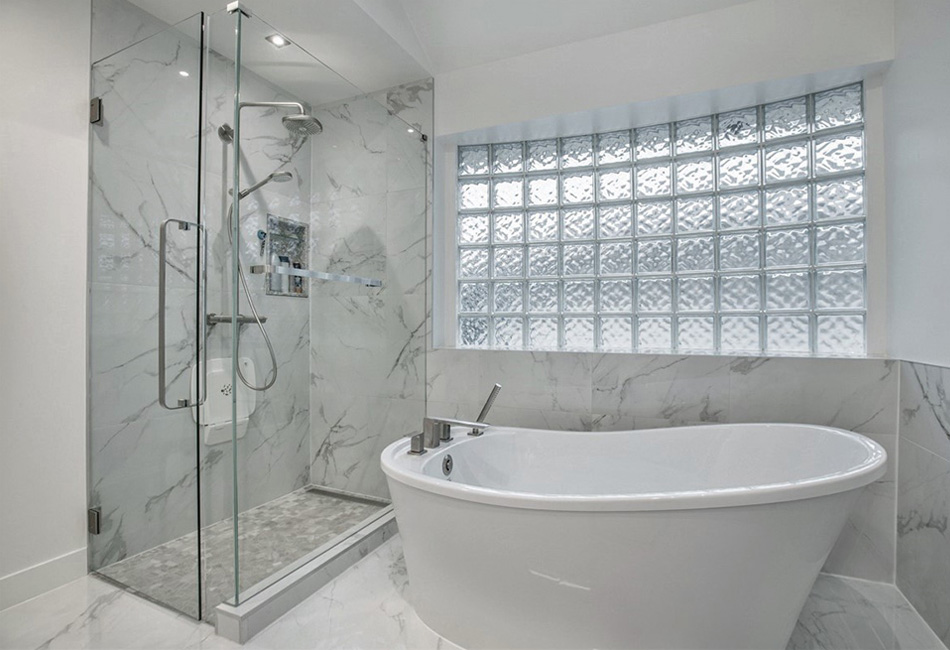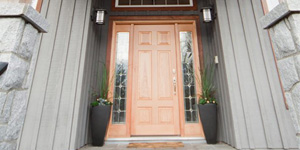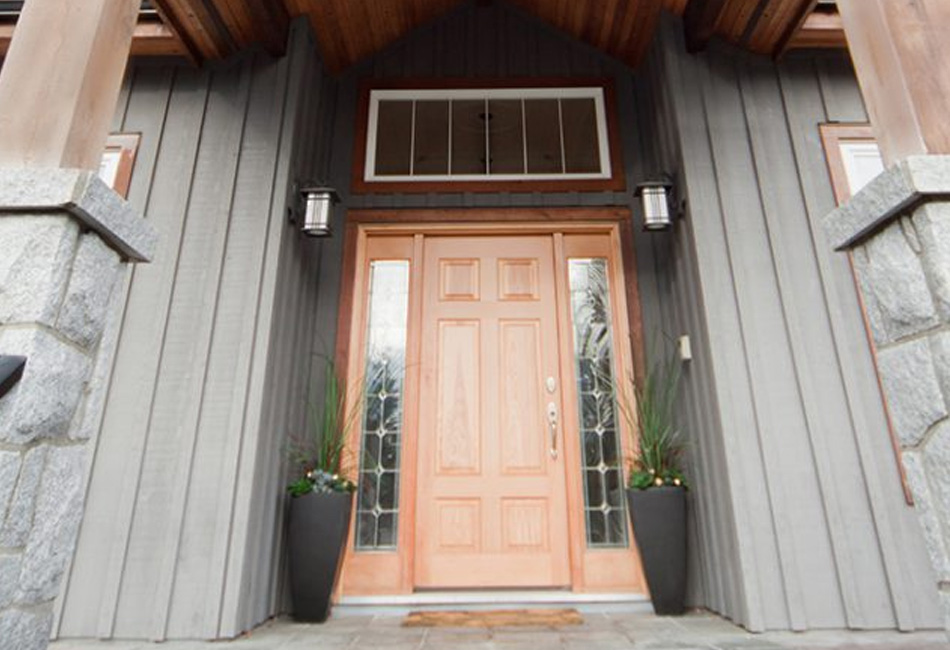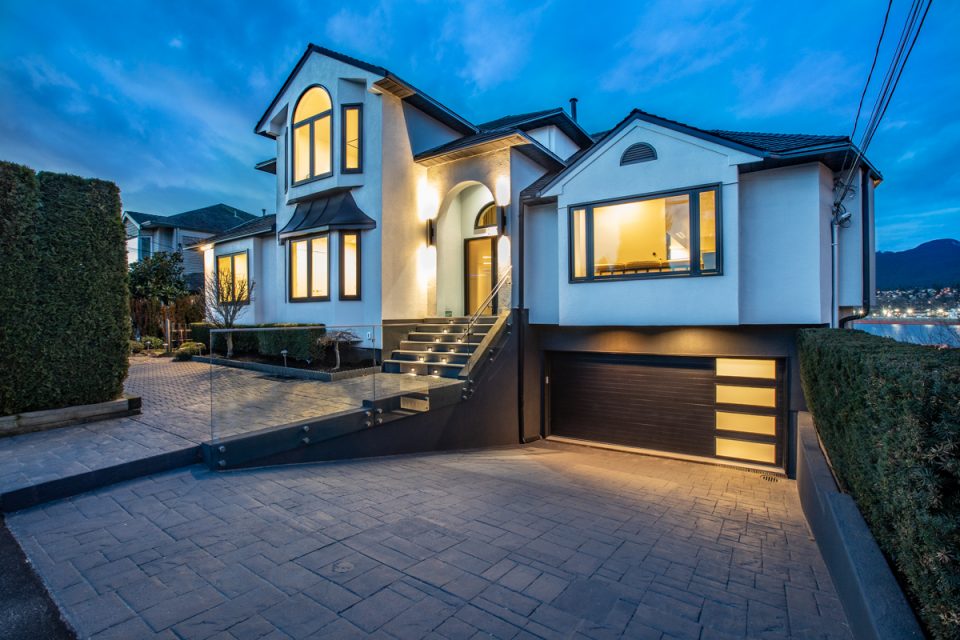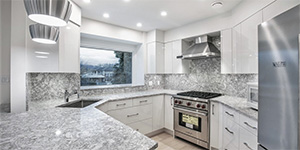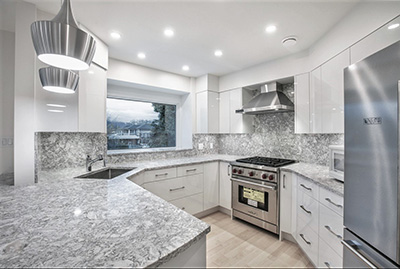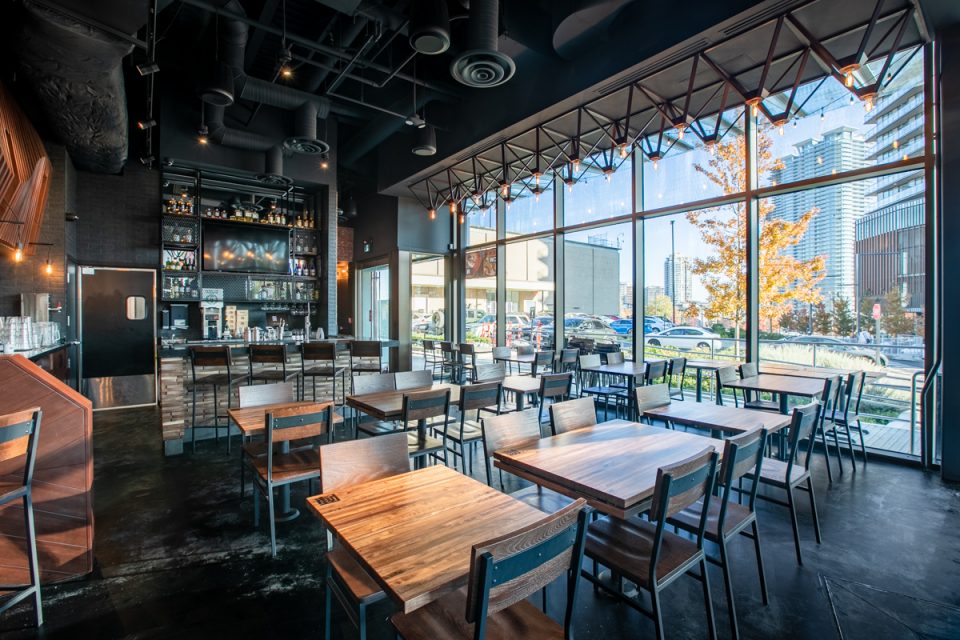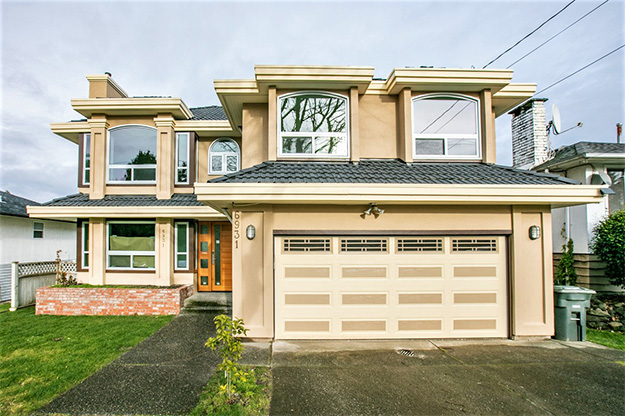
Hiring a Contractor
Renovating your home can be an exciting milestone – but hiring the general contractor can quickly turn that dream project into a nightmare. From missed deadlines and skyrocketing costs to subpar workmanship, choosing the general contractor or renovation company is one of the biggest tasks homeowners face.
Fortunately, with some proactive planning and due diligence, you can avoid horror stories and hire a professional who delivers quality results on time and on budget.
This guide will walk you through practical steps to avoid disaster when hiring a contractor, covering everything from defining your project scope to ensuring open communication throughout the process.
1. Define Your Project Scope Clearly
Before you even start contacting contractors, you need to have a clear vision of what you want. An undefined project scope – where you’re unsure of what tasks need completing – creates room for misunderstandings and added costs.
How to Define Your Scope
- Create a List: Write down all the work you expect to be completed (e.g., install new kitchen cabinets, replace flooring).
- Specify Materials and Finishes: Make decisions on materials, finishes, and brands where possible. For example, do you want granite countertops or quartz? This will ensure your general contractor provides accurate estimates.
- Design a Timeline: Identify when you’d like the project to start and finish, understanding that realistic timelines may vary depending on scope and complexity.
When you clearly communicate your project scope to contractors upfront, you’ll save yourself from potential frustrations during the renovation process.
2. Check Licensing and Insurance
Would you hire a taxi driver without a license? Of course not. Similarly, your contractor needs to meet specific legal and professional standards to ensure they’re qualified to do the job.
Why Licensing and Insurance Matter
- Protection Against Liability: If the contractor is not insured and someone gets injured during your project, you could be liable.
- Assurance of Legitimacy: Licenses prove a contractor has met state or local requirements regarding skills and knowledge.
Quick Tips to Verify Credentials
- Ask for Proof: Request a copy of their licensing and insurance.
- Check with State Authorities: Many states offer online license lookup tools to ensure a contractor’s license is valid and up to date.
- Confirm Bond Status: A bonded contractor provides added protection against incomplete work or financial loss.
3. Read Online Reviews and Ask for Referrals
Online reviews and word-of-mouth referrals are invaluable when vetting renovation companies. However, relying on one source exclusively can present biases.
How to Use Reviews Effectively
- Diversify Platforms: Look at reviews on multiple platforms like Yelp, Google Reviews, and contractor-specific sites like Angi or Houzz.
- Focus on Patterns: One negative review doesn’t define a contractor, but consistent complaints about delays or poor workmanship are red flags.
Take Your Research a Step Further
- Ask for Referrals: Speak to neighbors, family, or friends who’ve completed similar projects and ask who they used.
- Contact Past Clients: A reputable contractor should provide references. Don’t hesitate to call and ask about their experience directly.
4. Interview Multiple Contractors
The goal here is to understand not only a contractor’s skills but also their work ethic, communication style, and reliability. Treat this like a job interview – because it is.
What to Ask During the Interview
- Experience: How many years have they been running their renovation company?
- Portfolio: Can they share recent work similar to your project?
- Subcontractors: Do they work with subcontractors, and if so, are these individuals licensed and insured?
- Timeline: Can they commit to a reasonable timeline?
Interviewing multiple contractors allows you to compare skill sets, pricing, and overall compatibility with your vision.
5. Get a Detailed Written Estimate
Never rely on verbal agreements. A vague or incomplete estimate is a recipe for unexpected costs and misunderstandings.
What Should a Good Estimate Include?
- Itemized Costs: Materials, labor, permits, and any subcontracted work.
- Timeline: Estimated start and end dates.
- Payment Terms: Clear payment structure, including deposits and progress payments.
- Extras and Contingencies: Address whether additional work outside the scope will require separate approvals and budgets.
Pro Tip: Avoid general contractors who only provide ballpark figures or pressure you into signing before you’ve had time to thoroughly review the estimate.
6. Understand Payment Schedules
Discussing money can feel uncomfortable, but the cost breakdown is one of the most critical topics to clarify when hiring a general contractor.
Common Payment Structures
- Deposit: A small upfront fee (often 10–20%) to secure the project.
- Progress Payments: Payments based on milestones or phases completed.
- Final Payment: Work should be inspected and approved before the final payment is made.
Red Flag Warning
Be cautious of contractors who demand full payment upfront. This could indicate financial instability or an untrustworthy nature.
7. Maintain Open Communication
Even with the best planning, unforeseen issues can arise during a renovation project. Regular communication can ensure problems are addressed quickly, keeping the project on track.
Tips for Open Communication
- Weekly Updates: Schedule weekly check-ins with the contractor to review progress and address any issues.
- Set Expectations: Clearly outline how you’d like updates—whether via email, phone, or in-person meetings.
- Document Everything: Keep a record of all correspondence, payments, and changes to your project scope for reference.
Consistent and open communication demonstrates professionalism on both sides and ensures the contractor stays accountable.
The Value of Doing Your Homework
Hiring the right general contractor may take time and effort, but it will save you from the heartache of a poorly executed renovation. By following these steps – defining your scope, verifying credentials, interviewing multiple candidates, and fostering clear communication throughout the project – you’ll set the foundation for a smooth and successful experience.
Don’t rush the process; investing in due diligence is always worth it. Remember, a reliable renovation company or contractor doesn’t just provide a service – they help bring your vision to life.
Whether it’s your first renovation or your fiftieth, taking the proper precautions will ensure your investment is rewarded with quality results.


